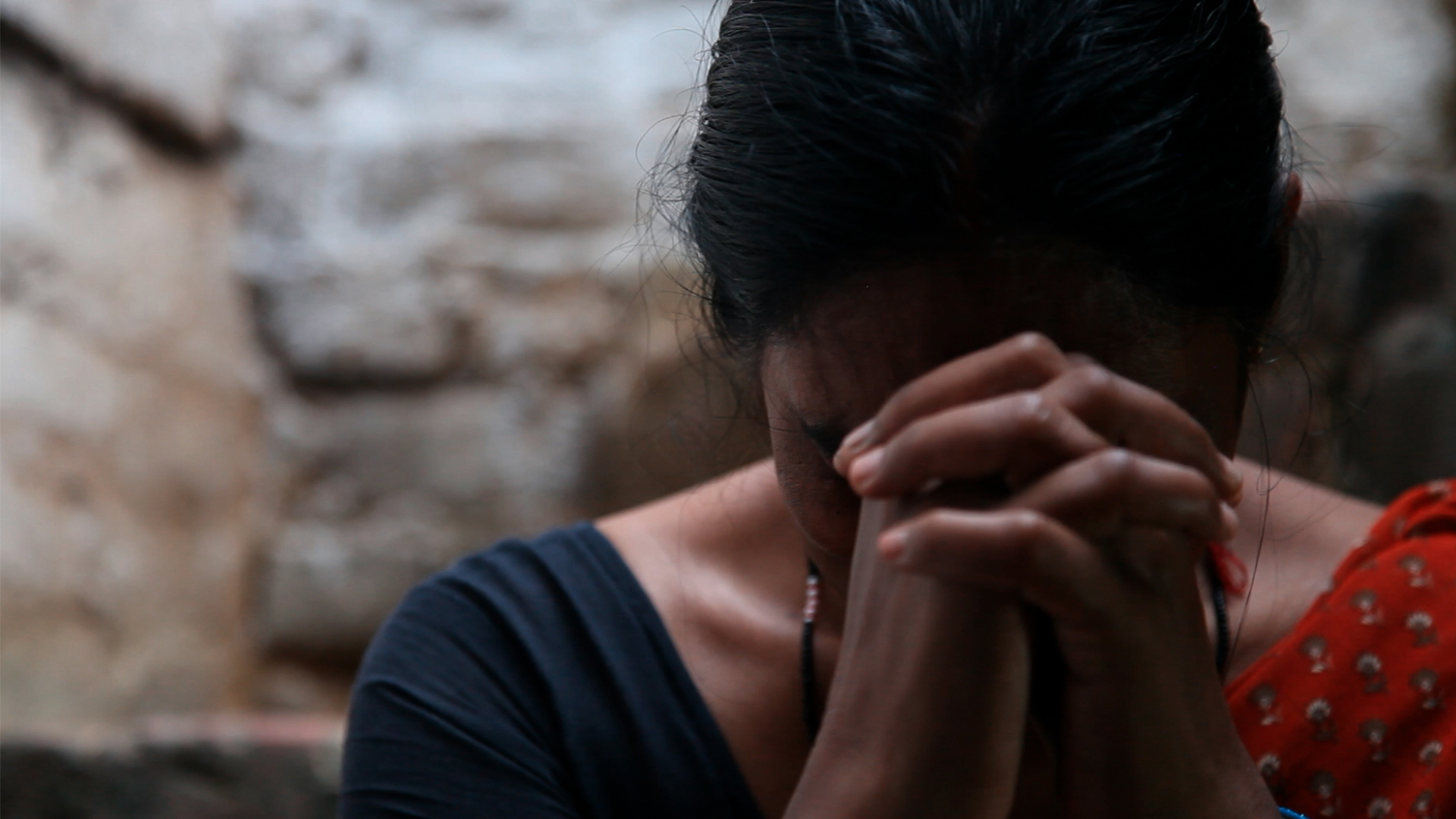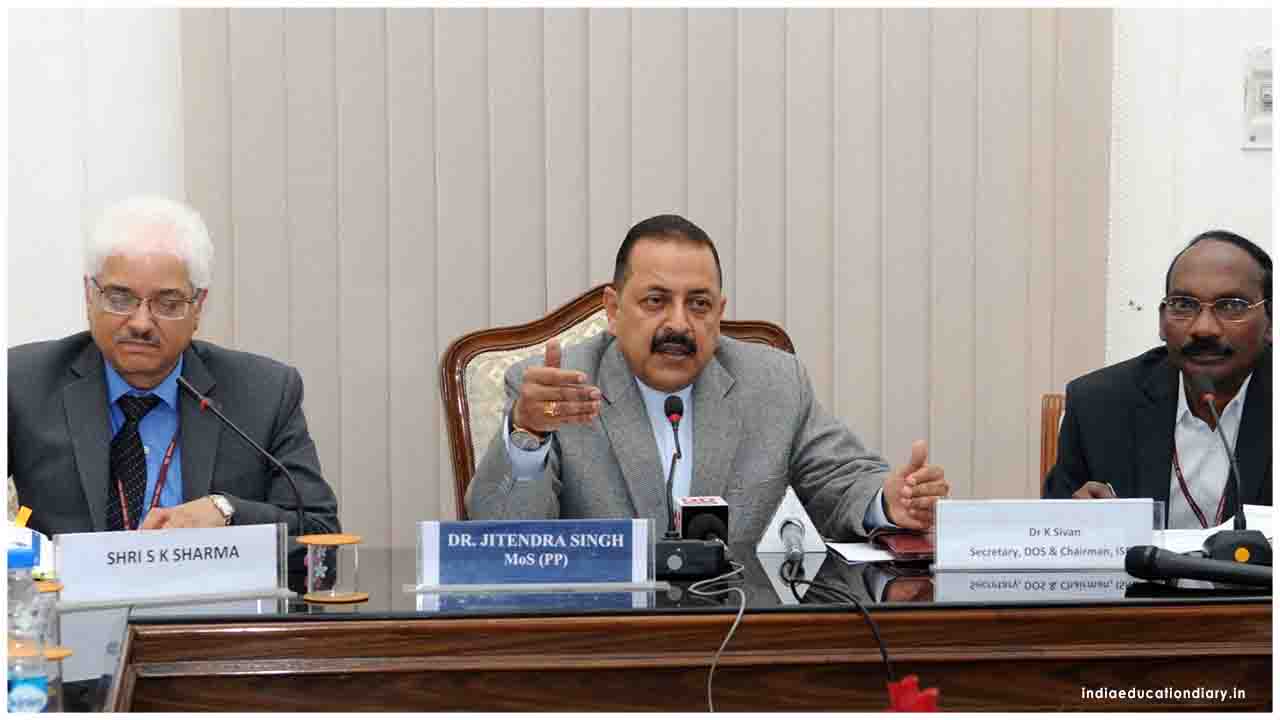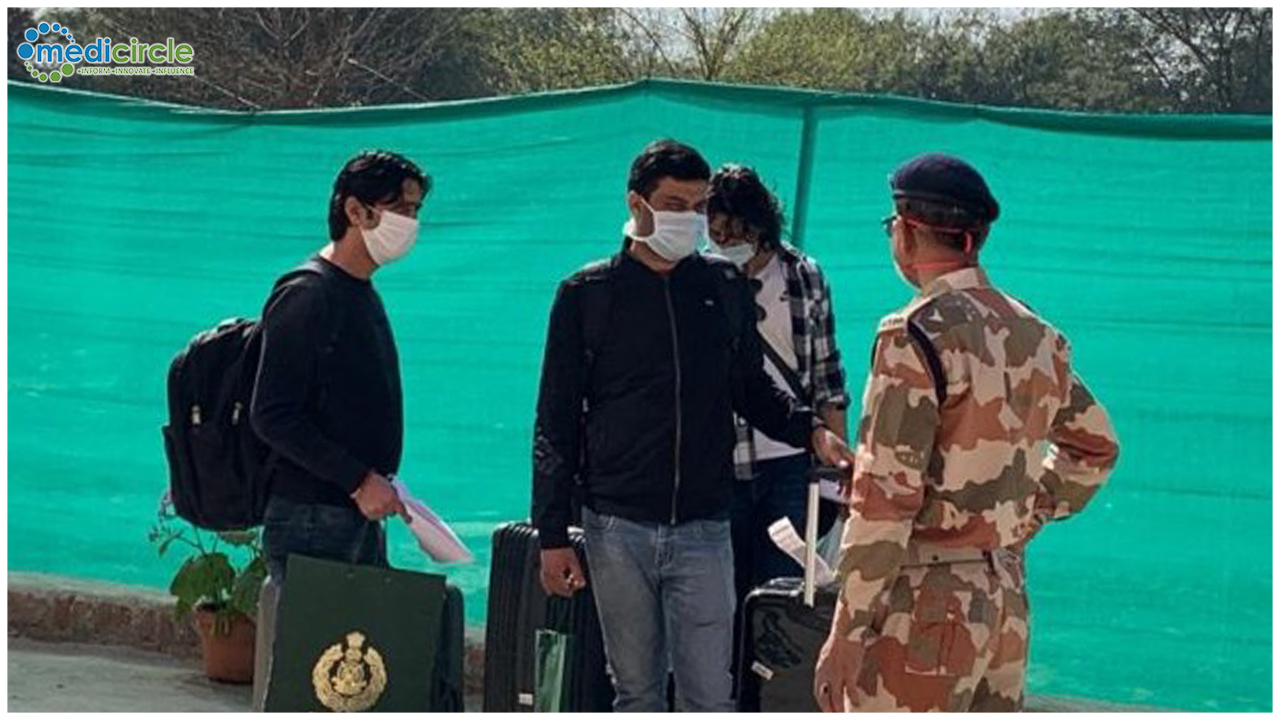In the diverse human struggles in Indian society, housewives play a vital role in managing households and nurturing families. However, this role comes with its share of challenges, and mental health is an area where they face significant struggles such as:
1. Social Stigma and Expectations
Indian society often places immense expectations on women to fulfil traditional roles as homemakers. These expectations can be overwhelming, leading to stress, anxiety, and even depression.
2. Lack of Autonomy and Independence
Many housewives face limited autonomy and financial dependence, which can result in feelings of helplessness and frustration. The lack of control over their lives can contribute to mental health challenges.
3. Isolation and Loneliness
The nature of household responsibilities often isolates housewives from social interactions and professional development. This isolation can lead to feelings of loneliness and can negatively impact mental well-being.
4. Marital and Family Issues
Strained relationships, conflicts, and unequal power dynamics within families can take a toll on a housewife's mental health. The pressure to maintain a harmonious family atmosphere often leads to emotional stress and anxiety.
5. Emotional and Physical Exhaustion
Balancing household chores, caregiving, and managing family needs can be physically and emotionally exhausting. The constant demand for multitasking and lack of time for self-care can contribute to mental fatigue.
6. Financial Stress
Financial stress can significantly affect a housewife's mental health, especially in cases where there's an inadequate or unstable income. The worry about managing household expenses can lead to anxiety and depression.
7. Cultural Norms and Gender Roles
Deep-rooted cultural norms often dictate strict gender roles, reinforcing the belief that a woman's primary role is within the household. These norms can negatively impact mental health by limiting personal growth and stifling aspirations.
8. Lack of Mental Health Awareness and Support
Mental health awareness is relatively low in Indian society, and housewives may not readily recognize their mental health struggles. Moreover, seeking professional help can be stigmatized or inaccessible due to financial constraints.
9. The Need for Support and Empowerment
To address the mental health challenges faced by housewives, society must challenge traditional gender roles and encourage a more equitable distribution of responsibilities. Additionally, providing mental health support and creating safe spaces for expression can help alleviate the burden on housewives.
Let's talk about some positive Preventive measures to address mental health issues among housewives in Indian society should focus on fostering a supportive and empowering environment.
1. Education and Awareness
Promote awareness about mental health and its importance through educational campaigns, workshops, and community outreach programs. This can help reduce stigma and encourage early recognition of mental health issues.
2. *tress Management Workshops
Organize workshops that teach stress management techniques, coping strategies, and relaxation exercises tailored to the unique challenges faced by housewives. Providing them with effective tools to manage stress can have a positive impact on their mental well-being.
3. Financial Empowerment
Encourage financial independence and entrepreneurship among housewives through skill development and vocational training programs. Empowered women with financial stability often experience improved mental health due to a sense of autonomy and reduced financial stress.
4. Support Groups and Counseling
Establish local support groups or helplines specifically catering to housewives, where they can share their experiences, seek advice, and receive emotional support. Professional counselling services should also be made accessible and de-stigmatized.
5. Promote Work-Life Balance
Encourage a healthy work-life balance by advocating for reasonable working hours for everyone, including housewives. Highlight the importance of self-care, leisure time, and pursuing personal interests to reduce burnout and fatigue.
6. Equal Distribution of Household Responsibilities:
Educate families about the benefits of an equitable distribution of household chores and caregiving responsibilities. Encourage open communication within families to ensure fair and shared responsibilities, reducing the burden on a single individual.
7. Skill Development and Employment Opportunities
Provide skill development and job training opportunities to help housewives acquire new skills or re-enter the workforce if they wish to. Access to employment can boost self-esteem and mental well-being.
8. Community Support Services
Establish community centres that offer various support services, such as daycare facilities, vocational training, mental health counselling, and recreational activities. These centres can act as safe spaces and resources for housewives.
9. Regular Health Check-ups
Encourage regular health check-ups for women, including mental health screenings. Routine check-ups can aid in early detection and intervention for mental health issues.
10. Incorporate Mental Health in Policies
Advocate for policies that prioritize mental health, ensuring that government initiatives address the mental health needs of women, including housewives. This can include provisions for mental health services and awareness campaigns.
Understanding and addressing the mental health challenges faced by housewives in Indian society is essential for fostering a more inclusive and supportive environment. Breaking free from traditional gender norms, promoting awareness, and providing access to mental health resources are critical steps toward empowering and improving the mental well-being of housewives and moms

 Unveiling Mental Health Challenges of Indian Housewives and Proposed Solutions: Addressing societal pressures, isolation, and financial dependency. Advocating for awareness, empowerment, equal responsibilities, and community support to enhance their mental well-being and foster a supportive environment.
Unveiling Mental Health Challenges of Indian Housewives and Proposed Solutions: Addressing societal pressures, isolation, and financial dependency. Advocating for awareness, empowerment, equal responsibilities, and community support to enhance their mental well-being and foster a supportive environment.



















.jpeg)


.jpeg)



.jpeg)
.jpeg)






.jpeg)





